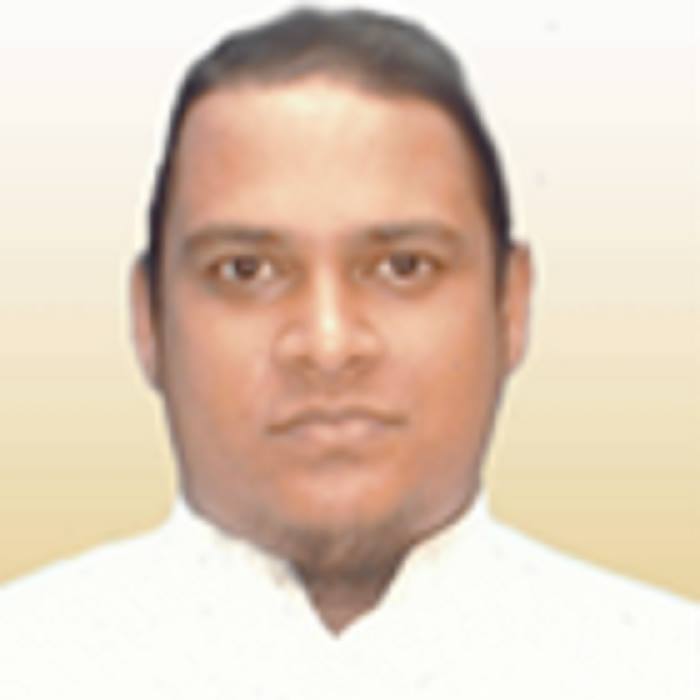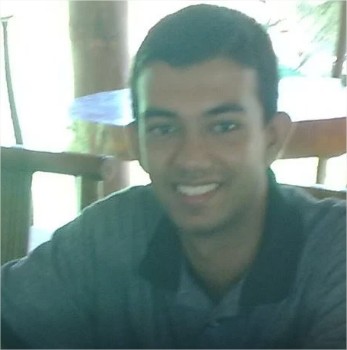
You can detect dengue on day 1
With a high incidence rate, the dengue has been reported from across the country since it was first reported in 1962. Now Sri Lanka experiences outbreaks of dengue with many unfortunate deaths every week.
A person infected by the dengue virus develops severe flu-like symptoms & these symptoms of dengue fever vary according to the age of the patient.
Individuals should suspect dengue when a high fever (40°C/ 104°F) is accompanied by the following symptoms: Severe headache, Pain behind the eyes, Muscle and joint pains, Nausea, Vomiting & Rash.
Dengue can be detected on day 1 of the fever by a test called NS-1 antigen test.
With a blood sample you can obtain results by half an hour.
Dengue NS1(on-structural protein 1)
If you check your blood on the 1st day of fever for NS1, you can reliably diagnose dengue with a 100% accuracy.
On the 2nd day the accuracy falls to 85.9% & 3rd day 75%. After day 3, it is reliable only in 30%.
One problem here is, this test is not freely available in government hospitals & costs around Rs.1500-2000 in private labs. And also you won’t die just because you got infected with dengue. Only some people who get infected, go into severe form of dengue- dengue haemorrhagic fever/ shock.
But if you are diagnosed to having dengue, then at least you can go to a hospital or centre which has facilities to treat dengue patients.
Recent Articles
using blogs as a portfolio
Using blogs as a portfolio
Blogs are a great way of expressing one’s self.
But co...
Read more5 Common causes for childhood convulsions
Child getting convulsion is a one instance where parents often get panic. Yes, it can indicates a...
Read moreAre you at risk of not getting air to your lungs during sleep?
For normal function of your body regardless of the sleep, your cells need oxygenated blood. That ...
Read moreWhy we need to add 5 vegetables & fruits for daily meal?
Adding more than 400g of vegetables & fruits per day to your meals, reduces the risk of cance...
Read moreWhen can I walk after a heart attack?
A heart attack or myocardial infarction is one of a leading killer of both men and women in the S...
Read more
Dr Rikaz Sheriff
MBBS PGCert MSc
Director, Western Hospital
Rikaz Sheriff is responsible for all aspects of innovation and strategy of health informatics solutions of LankaDoctor. Rikaz joined UniverSL Software after working for 5 years as a Senior Medical Officer at Western Hospital where he leads the business development unit with responsibility for marketing strategy, brand management, advertising, and consumer promotions.
He also serves as the chief coordinator for their kidney transplant programme. Rikaz is a life member of the Sri Lanka Medical Association and the Health Informatics Society of Sri Lanka. Rikaz holds a MBBS degree from Baqai University (Pakistan) and a Master's degree in Biomedical Informatics from the Post Graduate Institute of Medicine, University of Colombo. He also works as the Provincial Health Informatician for the Department of Health Services, Western Province.

Dr. Yapa Wijeratne
MBBS University of Perdeniya.
Medical Officer, Mawanella Hospital.
Yapa entered Faculty of Medicine in 2008, following a successful career at the Dharmaraja College, Kandy. While continuing his undergraduate career, he joined UniverSL Software. He completed his MBBS degree from University of Peradeniya & worked as a Temporary lecturer at Department of Basic sciences, Faculty of Dental Sciences, University of Peradeniya. After completing his internship, he is still working at Teaching Hospital Peradeniya.




